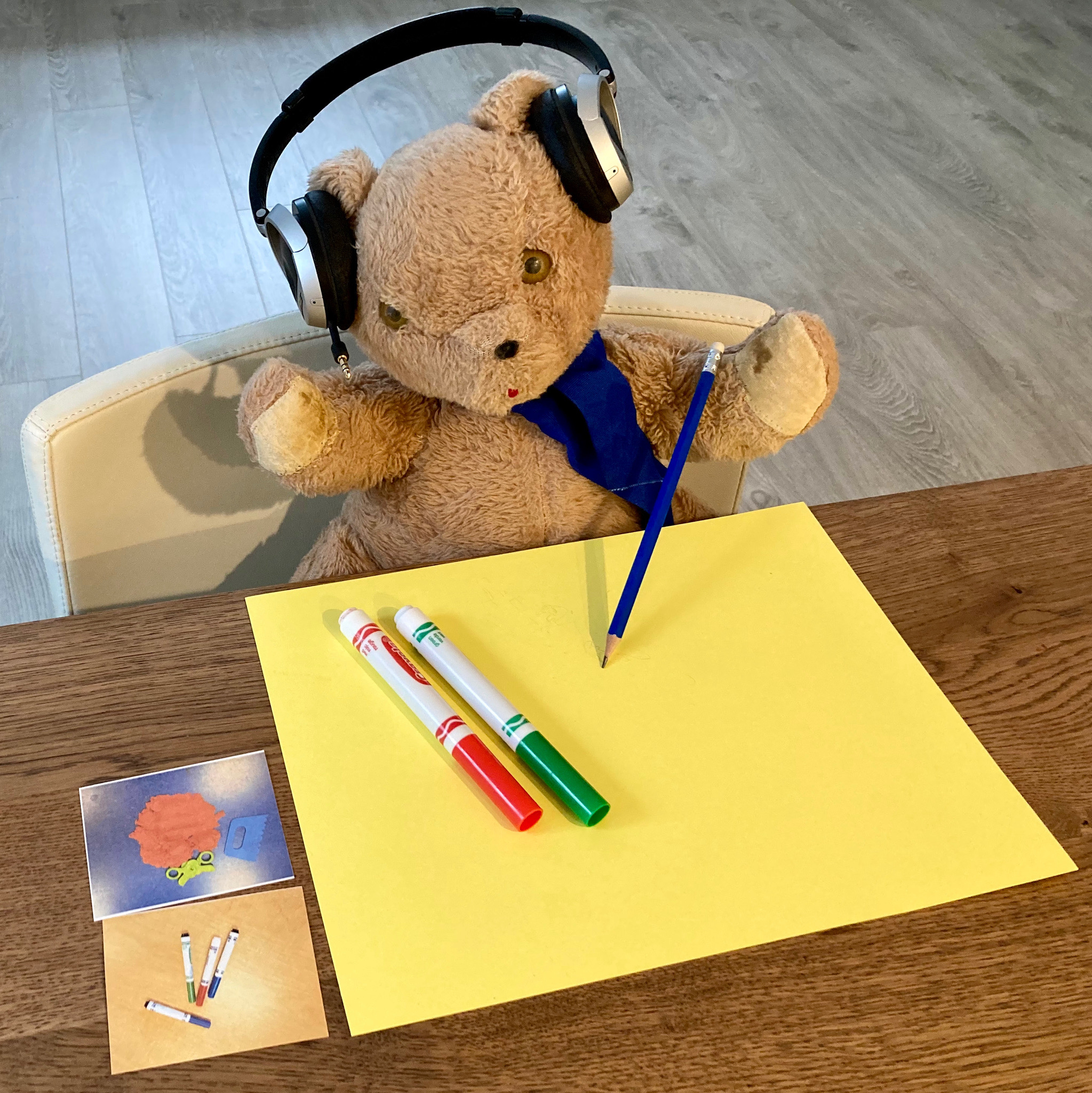Understanding Will - Part 3. Developing concentration, Reducing distraction
This is the third in a series of blog posts that have helped Will develop learning and organizational strategies that have helped him succeed both academically and socially. A short introduction to this series of posts can be found here
Will said:
"I find it difficult to concentrate and am easily distracted, especially by noise and movement."
What is going on in Will's brain?
-
Will struggles to filter task relevant information from task irrelevant information efficiently. This makes it difficult for him to block out distracting information e.g. the background noise of a photocopier, or a clock ticking, or someone moving around in another part of the room, and to concentrate.
-
As Will struggles to identify what is relevant to a task, he starts to take on more irrelevant information. This increases the burden on his working memory and he struggles to maintain focus.
-
Inefficiencies in Will's ability to filter out task irrelevant information, like environmental noise, also reduces his ability to shift attention and to monitor tasks. As a result, Will can rapidly lose the information stored in the limited capacity of his working memory and fail to complete activities.
The Impact:
Will finds staying on task challenging and quickly loses focus. He makes errors or abandons tasks completely.
Strategies that help Will learn:
-
Structuring lessons as short, focused study periods with scheduled activity breaks e.g. for stretching or other physical movement activities. (Activities can be individual, pair, small or large group based.)
-
Structuring activities so that they can be divided into sequences of small independent steps. Giving Will a checklist of the steps that he can mark off on completion helps him to stay on task and makes it easier to monitor his progress.
-
Using a timer to define the length of time that Will needs to focus on a task, or part of a task. (The timer itself can become a distraction so you may need to try different types e.g. clocks, sand timers, apps etc., to find the one most successful for an individual)
-
Using a secret signal, agreed with Will prior to the session, to indicate when he is off task.
-
Giving Will a visual timetable to remind him of the sequence of events (visual timetables may be daily or session specific).
-
Providing Will with printed copies of lesson notes/PowerPoints etc., preferably prior to the session, in which the key points are depicted visually e.g by using colour coding and highlighting.
-
Reducing distractions in Will's working environment as much as possible e.g. sitting him away from the window that he will gaze out of, providing him with headphones to reduce noise distraction.
